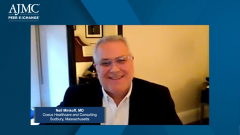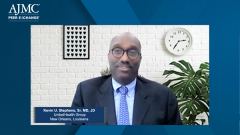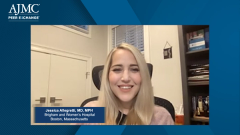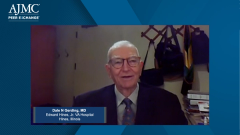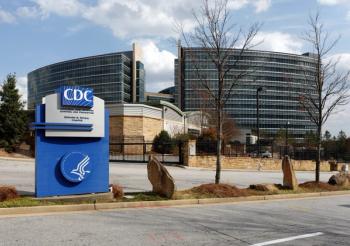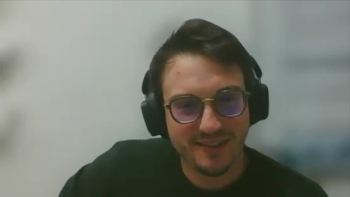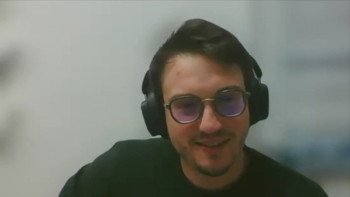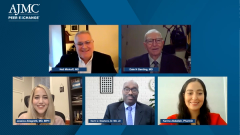
Looking Toward the Future: Management of C. Diff Infection
Closing out their discussion on recurrent clostridium difficile infection management, experts share closing thoughts and hopes for the future.
Episodes in this series

Transcript:
Neil Minkoff, MD: We’re coming to the end of our time, and I want to take a second to thank all of the members of our panel for what has been a very rich, thorough, and informative discussion. Having said that, I’d like to get some final words of wisdom about Clostridioides difficile and recurrent C diff infections, whether it’s therapy, treatment, prevention, etc, from each of you. I’ll start with Dr Gerding.
Dale N. Gerding, MD: I would reiterate that we need to—and we will, I’m sure—obtain in the future a very cost-effective, safe, and effective prevention modality for both primary C diff and prevention of C diff recurrence. It’s coming, but I’ve probably been saying this for nearly 20 years. We see it coming now with the manufacturing of organisms that might eventually result in effective preventive strategies. We’re still waiting for the vaccine trials as well. Good things are coming. We need to be patient.
Neil Minkoff, MD: Dr Abdallah?
Karina Abdallah, PharmD: I second that. We’re looking at the pipeline of treatments from the payer side of things, making sure that we’re ready to quickly address any changes in the landscape, any new covered items. We’re looking for data and new FDA-approved therapies that are going to be proven to be efficacious and safe. Ultimately, we can take those data and show that it can lead to overall cost of care reduction with less recurrence, along with a better patient experience. With that and some coordination among our thought leaders, both in the GI [gastrointestinal] and ID [infectious disease] spaces, as well as larger health systems, we can make this better in the future. We’re looking to do that together with a strong partnership.
Neil Minkoff, MD: Dr Stephens?
Kevin U. Stephens, Sr. MD, JD: Yes, thank you again. This was a very good panel. I thank all of you for your thoughts and considerations. It’s very interesting. I’d like to focus on the big picture. Many times, we get stuck in little silos. Our health care delivery system as we know it today is still fragmented to a certain degree. The big picture is not just the total cost of care. We have to look at the patient’s quality of life, if they’re back at work, their family life, their caregivers, and their support system at home. We have to look at the whole continuum of care, not just in the episodic treatment of CDI [C diff infection], but how this fits into that whole picture.
To the degree that we can put all of this together, the key is having the total picture, having the complete health care delivery system that will include cost, research, and new drugs and modalities. But more importantly, how does this affect the patient in terms of that quality of life and outcomes? That’s what I would say.
Neil Minkoff, MD: Dr Allegretti, you get the final word.
Jessica Allegretti, MD, MPH: Wonderful. I agree with all of my fellow panelists. We have a lot of work to do, but this is an exciting space to be in right now. We need safe FDA-approved therapies for our patients that we can access. One of the biggest challenges right now is accessing therapies that we know are effective. In the big picture, as we just pointed out, primary prevention is going to be key, as well as antibiotic stewardship. How can we protect our patients much earlier as opposed to at their fifth or sixth episode, which is where the focus is now? We’re addressing the crisis at hand with these multiply recurrent patients. But in the big picture, we absolutely need primary prevention. We need to protect our patients early.
Neil Minkoff, MD: I want to thank all of our panelists once again for what was a very robust discussion with a lot of information. I certainly took a lot away from it. It certainly updated my information on C diff and recurrent C diff infections. To anybody who’s joining us from our viewing audience, we all hope that you found this AJMC® Peer Exchange discussion to be robust, informative, and useful, and we look forward to seeing you again. Thank you, everybody.
Transcript edited for clarity.
Newsletter
Stay ahead of policy, cost, and value—subscribe to AJMC for expert insights at the intersection of clinical care and health economics.
